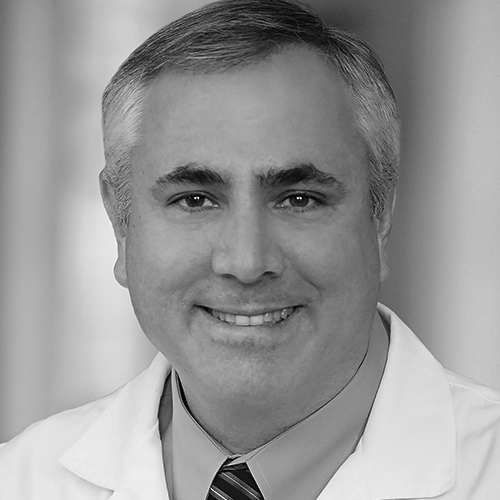Cardiovascular disease, including heart disease and stroke, has been the leading cause of death in the world for a century.

Donald Lloyd-Jones, M.D., Sc.M., FAHA
Volunteer President, American Heart Association
Fortunately, those death rates have declined sharply since the late 1960s. Looking to the future, I can even imagine a day when cardiovascular diseases are considered rare.
How? By focusing on cardiovascular health early in life.
My research studying the ways to prevent heart disease and stroke has shown this is indeed possible. We’ve found that if more people could maintain optimal cardiovascular health into mid-life, cardiovascular disease rates could fall dramatically.
This incredible possibility is why the American Heart Association focuses on promoting cardiovascular health, in addition to preventing, treating, and researching disease.
Life’s Simple 7
We define cardiovascular health through seven measures: blood pressure, cholesterol, blood sugar, body weight, diet, physical activity, and smoking status. We call these “Life’s Simple 7.” You can think of them as the secret to a longer, healthier life.
Many studies show that people with high cardiovascular health — that is, those who maintain all (or as many as possible) of the 7 health factors at optimal levels — live healthier, longer lives. They experience less cardiovascular disease, cancer, dementia, arthritis, and many other chronic diseases that become more common as we age.
As we’ve seen with COVID-19, and decades before with the flu, people with better cardiovascular health are in better shape to fight off viral infections as well. What may surprise you is how early in life factors begin to impact your future cardiovascular health, and that not all of it is in your control.
For example, many people face barriers to health because of “social determinants of health,” where you are born and live, housing insecurity, food insecurity, and access to healthcare. Other barriers include the unique health challenges faced by people in rural areas, and structural racism that has contributed to worse health outcomes for many Black, Hispanic, Indigenous, and Asian people.
Another factor is cardiovascular health during pregnancy. My team’s research showed that women with high cardiovascular health were eight times more likely than those with poor cardiovascular health to have children with high cardiovascular health 10 years after they were born.
Data supports the notion that throughout childhood, the single best predictor of a child’s cardiovascular health is their mother’s cardiovascular health.
Earlier is better
In short, wellness involves creating and maintaining high cardiovascular health from birth.
Our nation and world are still grappling with a global pandemic and syndemic issues related to social justice and economic recovery. Adversity often leads to opportunity, and our current opportunity is to craft a better, healthier future for ourselves and generations to come.
Will it be hard? Yes. Will it be worth it? A thousand times, yes.
We know how to do this. Over a span of 42 years, we reduced cardiovascular death rates by 70 percent. We did it through science, education, and collaboration between healthcare and the public. That’s how we’ll tackle this, too.
It starts with each of us taking small steps in a healthy direction. Take a walk. Know your numbers (for cholesterol, blood glucose, blood pressure, and body mass index). Make that doctor’s appointment you’ve put off (or make one for your relative). Get vaccines when they are available to you. Donate nutritious food to the local food bank.
It ends with healthier, longer lives for all.

